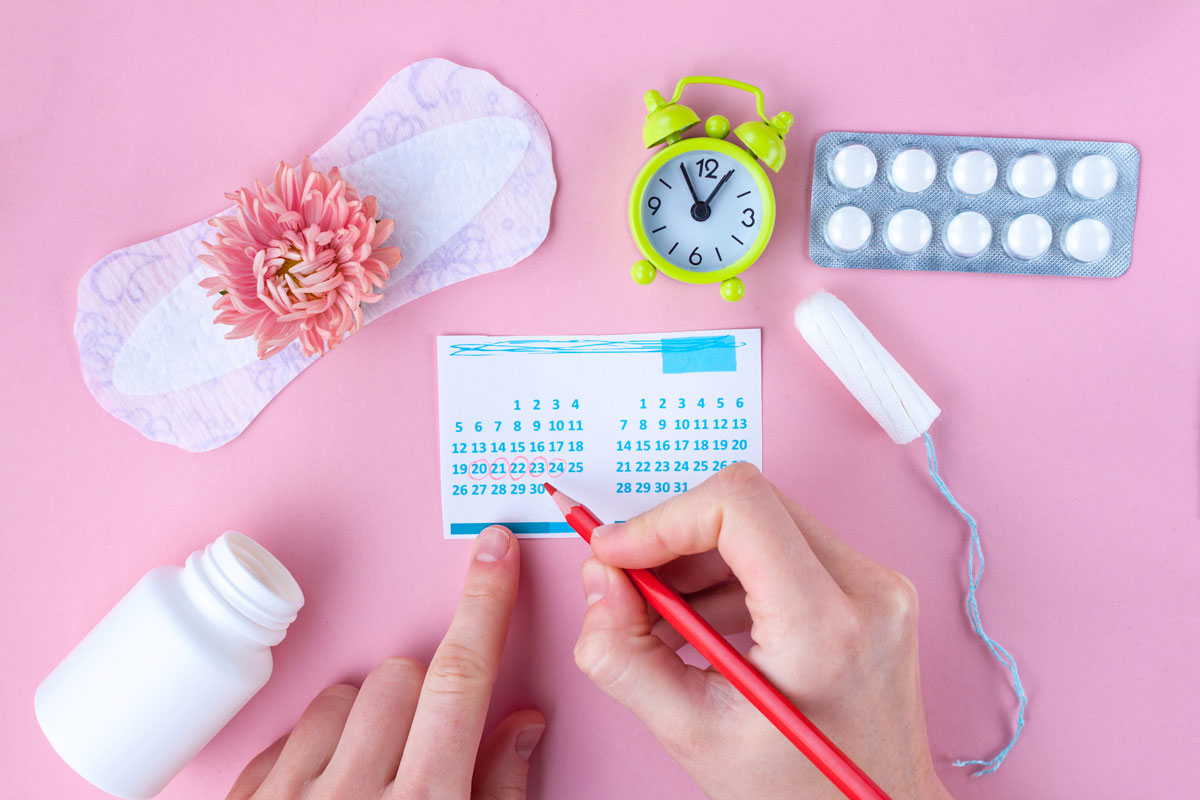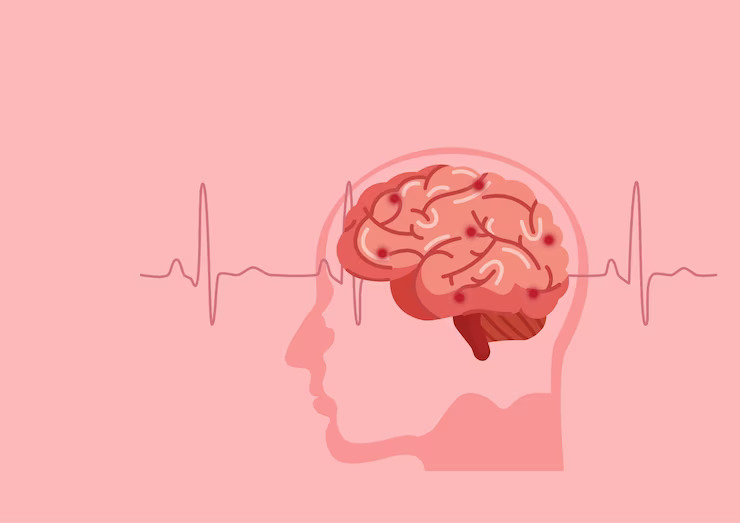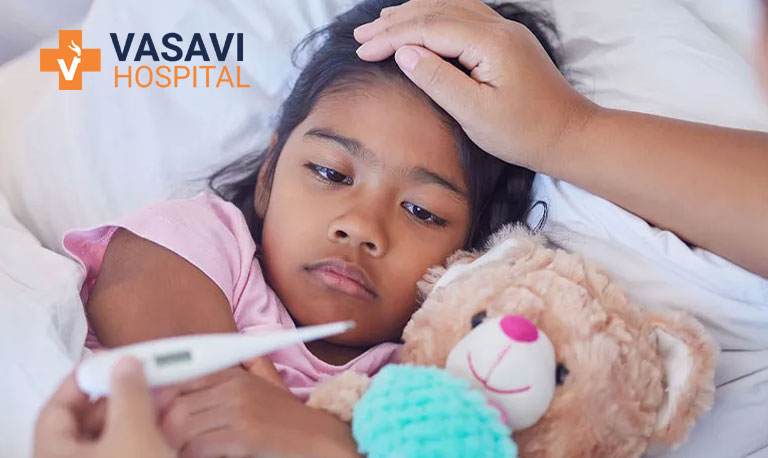
Menstruation problems and the precautions to be taken at that time
Menstruation problems and the precautions to be taken at that time
Periods, also known as menstruation, is a normal biological process that occurs in women of reproductive age. However, many women experience various gynecological problems related to periods that can cause discomfort and affect their daily life. In this blog, we will discuss some common period problems and precautions that can be taken to manage them.
Common Period Problems
1. Heavy Menstrual Bleeding: Some women experience heavy bleeding during periods, which can be caused by hormonal imbalances, fibroid, or other underlying health conditions.
2. Painful Periods: Many women experience cramping and pain during periods, which can be caused by the release of hormones called propagandist.
3. Irregular Periods: Irregular periods can be caused by various factors such as stress, weight changes, hormonal imbalances, and certain medications.
4. Premenstrual Syndrome (PMS): PMS is a combination of physical and emotional symptoms that occur before periods, such as mood swings, bloating, and breast tenderness.
Precautions to be Taken:
1. Maintain Good Hygiene: It is essential to maintain good hygiene during periods to prevent infections. Change sanitary pads or tampons every 4-6 hours and wash the genital area with mild soap and water.
2. Use the Right Products: Choose the right menstrual products that suit your body and lifestyle. Use sanitary pads, tampons, or menstrual cups as per your preference.
3. Practice Relaxation Techniques: Practice relaxation techniques such as yoga, deep breathing, or meditation to reduce stress and manage pain during periods.
4. Eat a Healthy Diet: Eat a balanced diet that includes fresh fruits and vegetables, whole grains, and lean protein. Avoid processed and high-fat foods that can worsen PMS symptoms.
5. Exercise Regularly: Regular exercise can help reduce stress, improve mood, and manage pain during periods. Try low-impact exercises such as walking, swimming, or cycling.
6. Consult a Doctor: If you experience severe pain, heavy bleeding, or other unusual symptoms during periods, consult a gynecologist. They can diagnose the underlying cause and recommend appropriate treatment.
Treatment Options:
Treatment for period problems depends on the underlying cause. Some common treatment options include:
1. Medications: Over-the-counter pain relievers such as ibuprofen or naproxen can help manage pain and cramping during periods. Hormonal contraceptives such as birth control pills, patches, or intrauterine devices (IUDs) can help regulate periods and manage symptoms.
2. Surgery: Surgery may be recommended in case of heavy bleeding caused by fibroid or other underlying conditions.
3. Lifestyle Changes: Simple lifestyle changes such as maintaining a healthy diet, regular exercise, and stress management techniques can help manage period problems.
Conclusion
Period problems are common among women of reproductive age, and they can cause discomfort and affect daily life. Maintaining good hygiene, using the right menstrual products, and practicing relaxation techniques can help manage period problems. If you experience severe symptoms or unusual bleeding during periods, consult a gynecologist for proper diagnosis and treatment.



0 comments